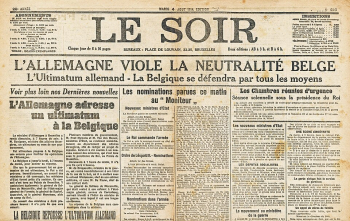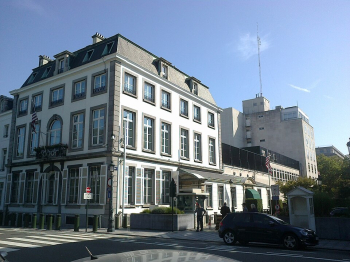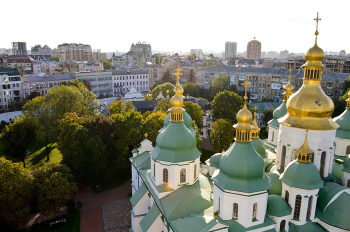
As Romanians prepare to vote in the decisive second round of their presidential election on Sunday, concerns about potential Russian interference have triggered a European
Commission investigation into the social media platform TikTok. The inquiry follows a surprising first-round victory for pro-Russian candidate Călin Georgescu and the elimination of current Prime Minister Marcel Ciolacu.
Security concerns amid high-stakes election
The Romanian presidency holds substantial authority over national security and foreign policy, making the election particularly significant in this strategically located Eastern European nation. Georgescu garnered 22.9% of the vote in the first round, edging out conservative-liberal contender Elena Lasconi, who secured 19.2%. Ciolacu, a pro-European leader with a left-leaning stance, narrowly missed advancing to the runoff, finishing with 19.15%.
Allegations of campaign irregularities
Georgescu’s unexpected success on November 24 shocked the political landscape. In response, defeated candidates Sebastian Constantin Popescu and Cristian Terheș filed complaints with Romania’s Constitutional Court, alleging irregularities in Georgescu's campaign financing. Reports surfaced that a Romanian influencer had been paid to promote Georgescu, raising suspicions about undisclosed campaign funds and potentially illegal foreign contributions.
Romanian law prohibits foreign funding in election campaigns, and the complaints have fueled speculation about Russian involvement in Georgescu's rise. While the Constitutional Court ordered a recount, the initial results were upheld on December 2.
Role of social media in alleged interference
Rumors of Russian meddling emerged shortly after the first-round results, with allegations centering on TikTok's role in influencing voters. On Thursday, the European Commission revealed it had obtained "recently declassified information" pointing to possible Russian manipulation. In response, the Commission has demanded that TikTok provide transparency about its algorithmic user recommendation system and outline its measures against election interference.
Broader European investigation
The European Commission’s scrutiny extends beyond Romania, encompassing all EU national elections between November 24, 2024, and March 31, 2025. While the Commission has not yet reached definitive conclusions, it is investigating whether TikTok complies with its legal obligations to combat disinformation and manipulation on its platform.
Implications for Romania and Europe
The outcome of Romania's presidential race could significantly impact the country's geopolitical direction. Current President Klaus Iohannis, who has served nearly a decade, is barred from seeking a third term. Meanwhile, pro-European parties in Romania have brokered a coalition following recent parliamentary elections, aiming to curb the influence of nationalist and far-right factions.
The EU's investigation underscores the growing concern over foreign interference in democratic processes, highlighting the critical need for transparency and accountability in digital platforms during election campaigns. Photo by Solen Feyissa, Wikimedia commons.

















